According to the Law on Urban Planning of Vietnam, urban planning is the organization of the space, architecture, urban landscape and system of technical and social infrastructure facilities and houses in order to create an appropriate living environment for people living in an urban center, which is expressed in an urban plan.

Approved urban plan must ensure the consistency and articulation with the sectoral plannings in the urban area. According to Article 13 of the Law on Urban Planning 2009 of Vietnam, the principle of compliance with urban planning is that organizations and individuals shall comply with approved urban planning and the regulation on management of urban planning and architecture when implementing programs and plans on investment in urban construction and development, specialized plans within urban centers, urban land use plans, managing the implementation of construction investment projects in urban centers, managing urban space, architecture and landscape or carrying out other activities related to urban planning.
Requirements on urban planning
To ensure urban planning meets immediate and long-term requirements; feasible, sustainable and in line with the actual requirements of society, the Law stipulates specific requirements for urban planning. Urban planning must ensure:
- To concretize the orientation of the master plan on the national system of urban centers and related regional plans; to comply with the objectives of the strategy and master plan on socio-economic development, defense and security; to ensure consistency with branch development plans within urban centers; to ensure publicity and transparency and harmonious combination of the interests of the nation, communities and individuals.
- To make scientific forecasts, meet practical requirements and be in line with the urban development trend; to observe urban planning regulations and other related ones.
- To protect the environment, prevent catastrophes affecting the community, improve landscape, conserve cultural and historical relics and local traits through strategic environmental assessment in the course of urban planning.
- To rationally exploit and utilize natural resources, restrict the use of agricultural land, economically and efficiently use urban land in order to create resources for urban development, economic growth, assurance of social welfare, defense and security and sustainable development.
- To ensure synchronism in architectural space, system of urban social and technical infrastructure and underground space; to harmoniously develop different areas in urban centers.
- To meet the needs for houses, health, educational, cultural, sports and trade facilities, parks, trees, water surface and other social infrastructure facilities.
- To meet the needs for technical infrastructure including systems of roads, energy supply, public lighting, water supply and drainage, waste treatment, information and communication, and other technical infrastructure facilities; ensure smooth connection of technical infrastructure systems within urban centers and compatibility with regional, national and international technical infrastructure facilities.
Urban planning responsibilities
The Law specifically stipulates the responsibility of organizing urban planning in the direction of decentralization for local authorities in order to enhance the roles, responsibilities and initiative for localities in managing their urban development.
The Law specifically stipulates the responsibility of organizing urban planning in the direction of decentralization for local authorities in order to enhance the roles, responsibilities and initiative for localities in managing their urban development.
Collection of comments on urban planning
In order to ensure that the urban planning project is feasible, suitable to the reality and requirements of the people, it is necessary to consult relevant organizations and individuals in the process of urban planning. Forms and time of collecting comments are specified as follows:
- Concerned agencies, organizations and individuals shall be consulted in the form of sending dossiers and documents or holding conferences or workshops. Consulted agencies and organizations shall give written replies.
- The collection of comments of population communities on general planning tasks and plans shall be conducted by consulting their representative in the form of distributing survey cards and questionnaires. Population community representatives shall synthesize comments of their communities in accordance with the law on grassroots democracy.
- The collection of comments of population communities on zoning planning and detailed planning tasks and plans shall be conducted by opinion polls through public display or introduction of planning options on the mass media.
- The time limit for giving comments is at least 15 days for agencies, and 30 days for organizations, individuals and communities.
Publicization of urban planning
In order to ensure democracy and publicity in urban planning and for organizations and individuals to have a basis to monitor and comply with the approved planning, the Law specifically stipulates the publicization of urban planning. According to the Law on Urban Planning 2009 of Vietnam, within 30 days after being approved, urban plans shall be publicized in the following forms: constant display of drawings and mock-ups at offices of urban planning-related state management agencies at all levels, urban planning exhibition and information centers and planned areas; information on the mass media; printing of publications for wide dissemination. Contents to be publicized include basic details of the plan and the promulgated regulations on management according to urban plans and urban designs, excluding contents related to defense, security and national secrets.
This Law also stipulates that urban planning management agencies shall fully update the implementation of approved urban plans for timely publicization by competent agencies to organizations and individuals for information and supervision.
Planning license
Due to limited funding for planning work, many areas in the urban area do not have detailed planning and approved urban design. In order to have a basis for investors to make detailed planning or investment projects to build works in unplanned areas, the Law has provided for the issuance of planning licenses. On the other hand, when it is necessary to adjust the boundary or some norms on planned urban land use for implementing investment projects to build works in an area with approved detailed planning, issuance of planning license is also required.
Municipal authorities are responsible for issuing urban planning permits. The grant of planning licenses must be based on actual development control and management requirements of urban centers, standards on urban planning and regulations on management of urban planning and architecture.
A planning license indicates the scope of the planned urban area, permitted norms on land use. requirements on land use exploitation and use. organization of architectural space, urban social and technical infrastructure on the ground and underground, protection of landscape and environment in the area in which the investor is assigned to invest, and its validity term.
Source: daibieunhandan.vn
- Key word:
- Law on Urban Planning 2009
 Article table of contents
Article table of contents
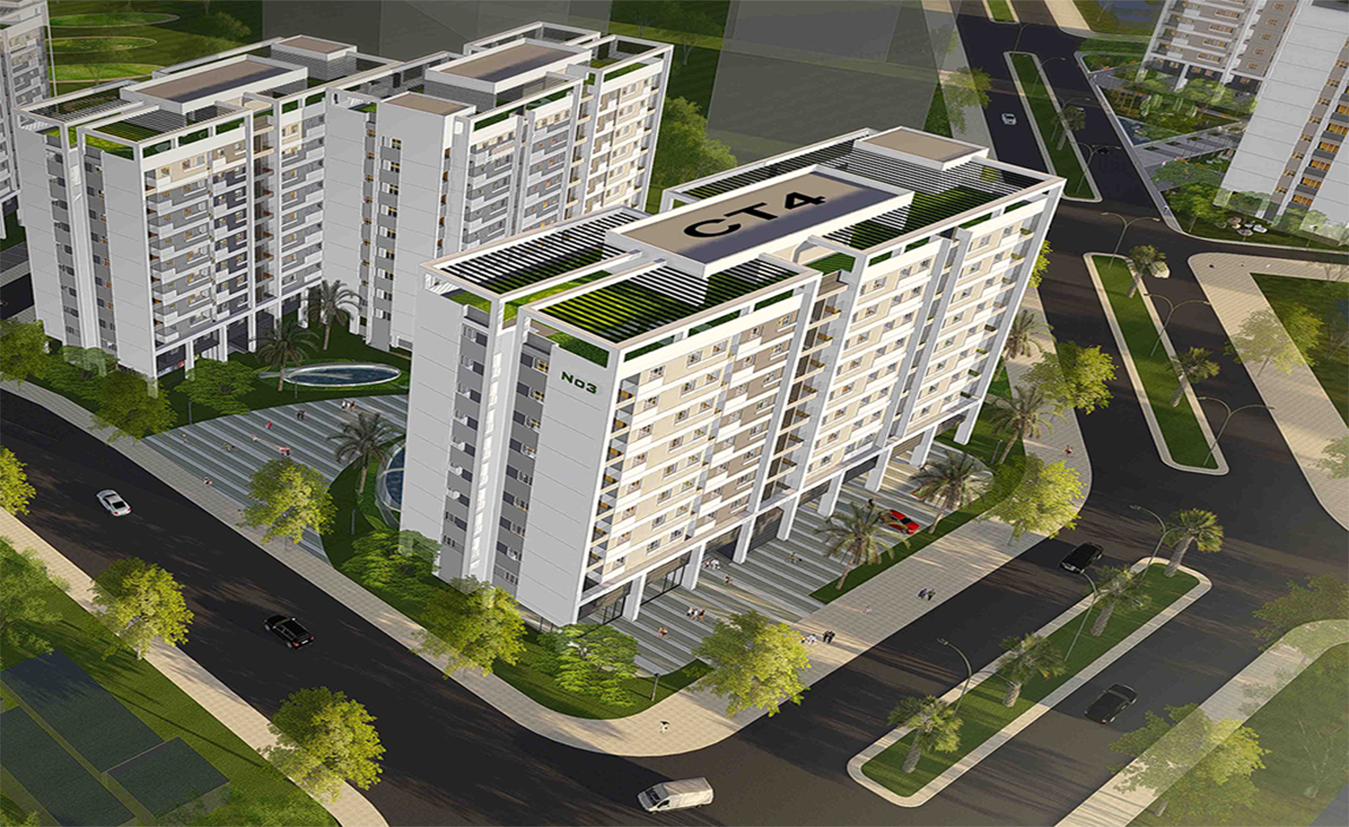


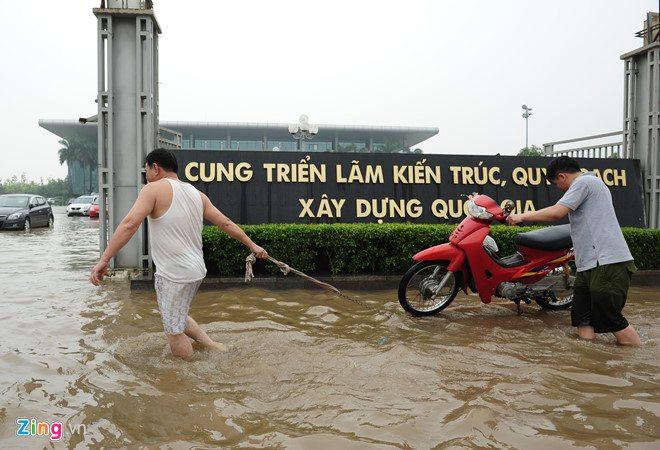
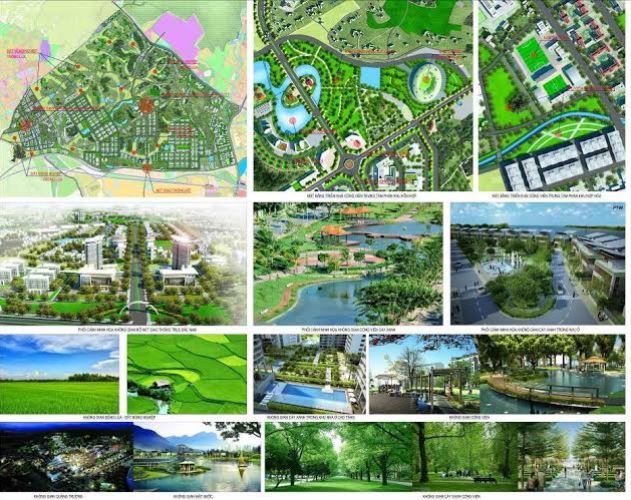

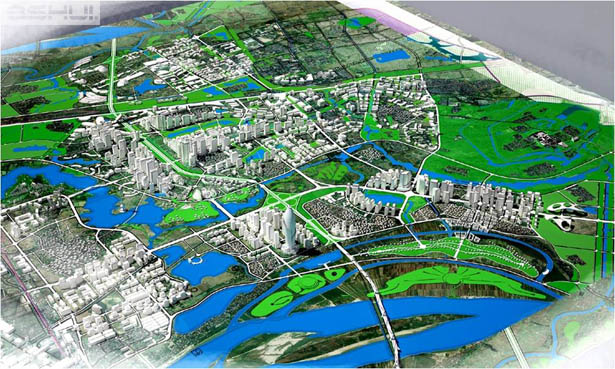

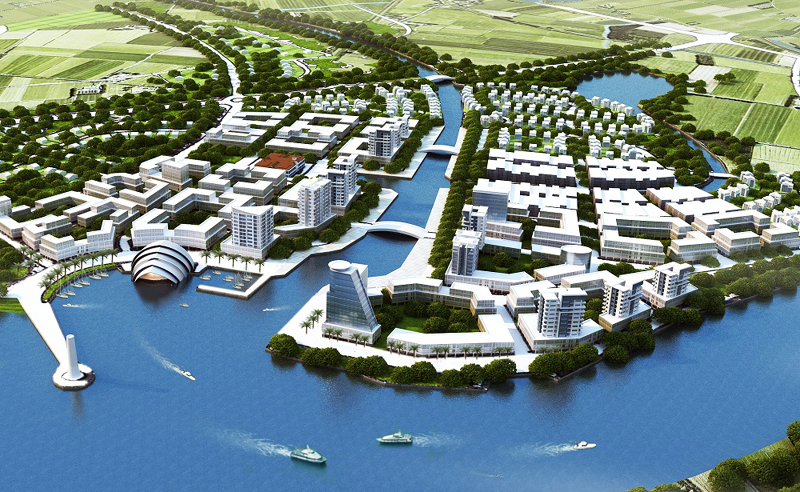

.Medium.png)
.Medium.png)
.Medium.png)
.Medium.png)
